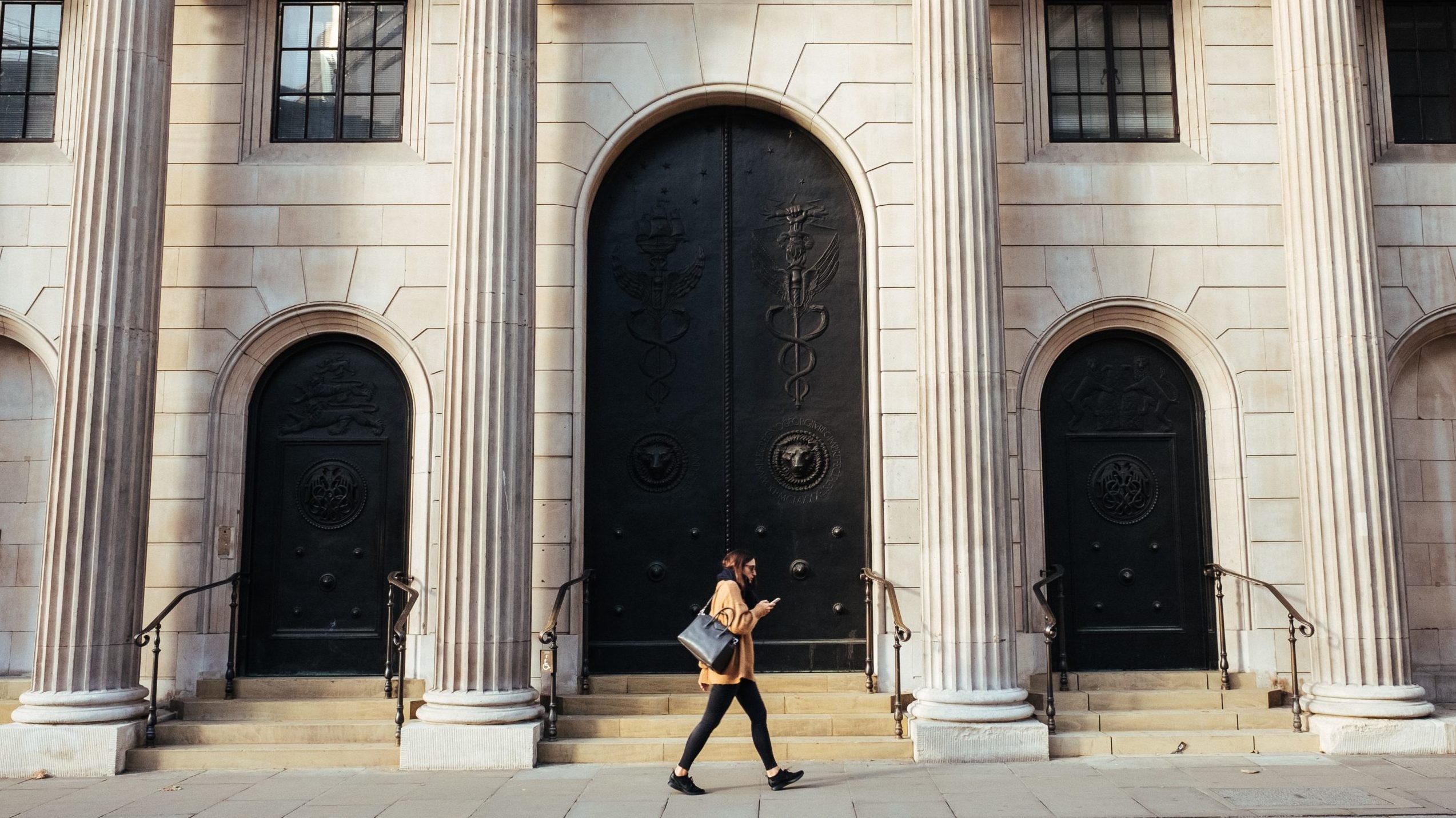Inflation should fall from the middle of next year
The bank said inflation would remain at over 10 per cent in the “near term”, but begin to “fall sharply” from mid-2023 as interest rates rise. Inflation could fall to below two per cent in the following years.
But bear in mind inflation falling does not mean prices fall – they’re still going up, but just by slightly less.
Unemployment is expected to shoot up
Unemployment currently sits at 3.6 per cent. But as the economic situation worsens, this is expected to shoot up.
The Bank of England forecasts it will rise to 6.5 per cent.
Increases in mortgage costs may be passed on to tenants – putting more people at risk of homelessness
Soaring interest rates mean higher mortgage costs for many homeowners. For landlords with mortgages, these will likely be passed on to tenants.
This could put many at risk of homelessness, warns Rebecca McDonald, chief economist at the Joseph Rowntree Foundation.
“With interest rates reaching their highest point for a generation, people who are already in poverty could be pulled in deeper due to the cost of getting into expensive debt to afford essentials. There is also a larger group of people at risk of being pulled into poverty due to the impact that rate rises have on housing costs,” McDonald said.
Get the latest news and insight into how the Big Issue magazine is made by signing up for the Inside Big Issue newsletter
Almost two thirds of young people fear for their generation’s future – and 1.3 million people are predicted to plunge into poverty by 2023. We’re fighting that with our new campaign: Big Futures.
Sign our open letter here, calling for decent and affordable homes for all, an end to low-wages and for investment in young people, and for millions of green, well-paid jobs.









